How does Stress Age our Skin?
Our skin acts like a protective barrier from our environment and against infection.
Our body has a stress signaling system, known as the hypothalamic-pituitary-adrenal, it is activated in the brain when you are involved in a stressful situation. The brain reacts to stressful situations by releasing stress hormones such as cortisol and epinephrine via the adrenal glands. When these stress hormones are elevated, your entire body, including your skin is put on high alert.
Your skin will boost immune function as an immediate response to stress. But when stress is chronic, it can lead to problems that will cause a long-lasting physical toll on the health and appearance of your skin. Too much stress will damage the skin’s immune function and can put you at greater risk for inflammation-related skin conditions. Continuous, unabated stress is not only damaging for skin health, it can also negatively impact your complexion.
Adult acne has a habit of showing up when you have that very special event, it can also appear when you are involved in stressful activities like exams or work deadlines. Chronic stress can be a contributing factor, it has been shown to increases your skin’s oil production, clogging pores and contributing to more frequent breakouts.
Your body’s natural collagen production has also been shown to decrease as stress hormones increase. Healthy collagen production is essential for a smooth, youthful complexion, might chronic stress be a deciding factor in a prematurely aged appearance?
Ways to better navigate Stressful Times.
While stress is often unavoidable, you can protect your skin. Here are some easy ways to better support our skin and overall health.
- Collagen
Type I collagen is the building block of your skin’s structure, making up around 80% of your skin’s dermal layer. Collagen is what keeps our skin from sagging, giving us that plump, youthful look. Your body’s ability to produce collagen may decline from chronic stress. Collagen peptide supplementation has been shown to be beneficial for maintaining healthy, hydrated skin. Studies also show a benefit for improving collagen synthesis in the deep layers of the skin, helping reduce fine lines and wrinkles. Here is my go-to Collagen Supplement, Collagen Elixir.
- Adaptogens
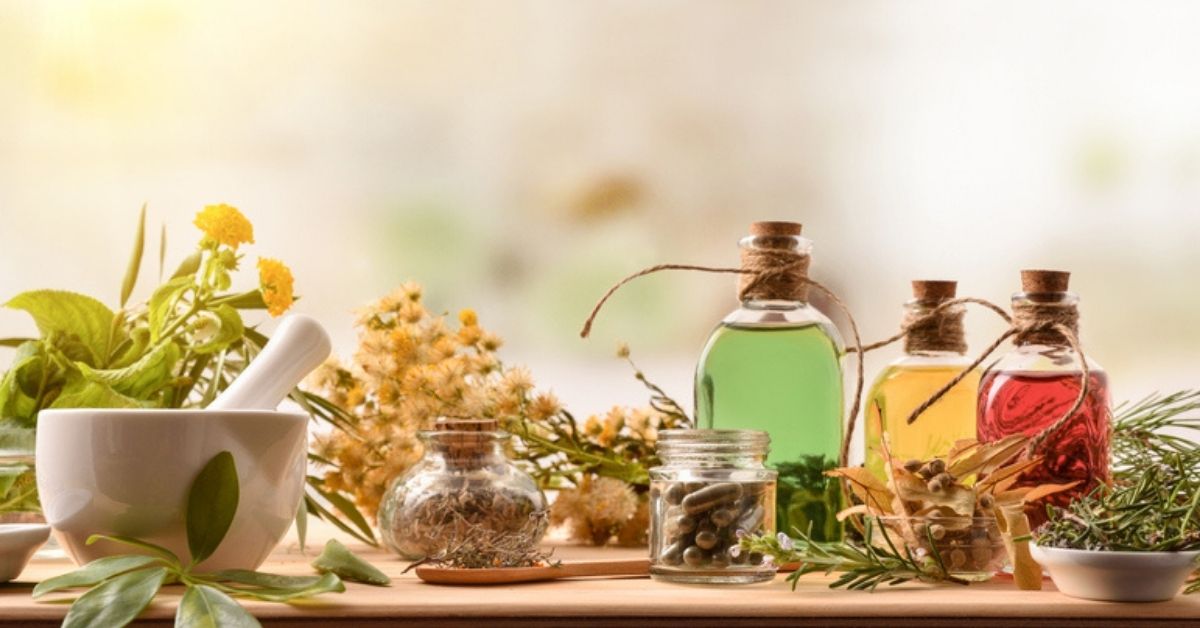
As you nourish your skin with collagen peptides, you can also help keep it healthy with the balancing, restorative properties of adaptogens. Adaptogens are herbs that reduce fatigue and the toxic effects of stress. They’re called adaptogens because they adapt to what the body needs, priming your body with adaptogens can help strengthen its capacity to resist the negative effects of stress. In addition, adaptogens are thought to slow the signs and appearance of aging. The antioxidant properties may help delay skin aging by preventing free-radical damage.
To supply my body with stress-fighting adaptogens I have my Adaptogen Elixir as a daily supplement.
- Exercise
Exercise is one tried and true way to help relieve stress. The physical benefits of exercise, improving physical condition and fighting disease, have long been established. People who are physically fit and regularly participate in physical activity show fewer symptoms of stress and fewer of the negative effects of stressful life events.
Exercise is also considered vital for maintaining mental fitness, studies show that it is very effective at reducing fatigue, improving alertness and concentration, and at enhancing overall cognitive function. This can be especially helpful when stress has depleted your energy or ability to concentrate.
It has been found that regular participation in aerobic exercise has been shown to decrease overall levels of tension, elevate and stabilize mood, improve sleep, and improve self-esteem. Even five minutes of aerobic exercise can stimulate anti-anxiety effects.
- Sleep
Sleep is when some of the most important internal, and epidermal, recovery takes place! When you’re sleeping, the body is working on itself, building and mending. First and foremost, you should understand that sleep is the time when your body repairs itself. This is true for your epidermis as much as it is for your brain or your muscles. During sleep, your skin’s blood flow increases, and the organ rebuilds its collagen and repairs damage from UV exposure, reducing wrinkles and age spots. When you don’t get enough quality sleep, stress hormones like cortisol can become elevated, making skin more prone to the visible signs of aging including fine lines, uneven pigmentation, and reduced elasticity.
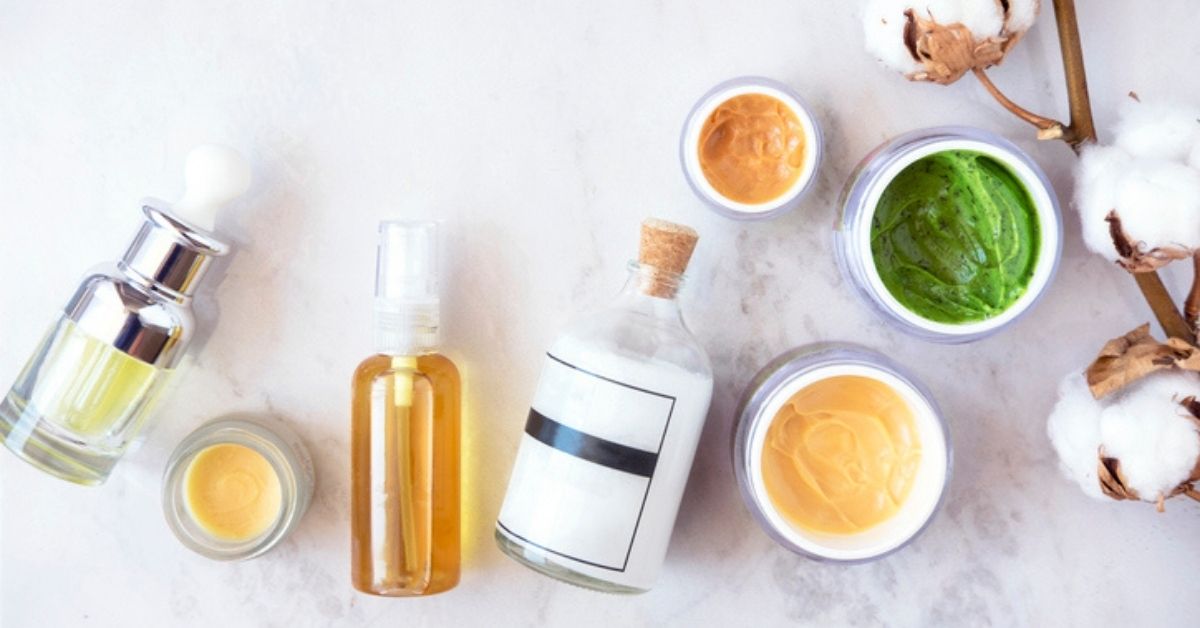
We don’t just want to take care of all of these factors for a glow or looking youthful, it’s about maintaining your health in body, mind, and skin for years to come. A few wrinkles never hurt anyone — in fact, they’re usually a sign of happy years lived. Look and feel your best as you age with proper nutrition, physical activity, and good quality sleep as key components of your self-care and skincare routine.
Nicki ❤

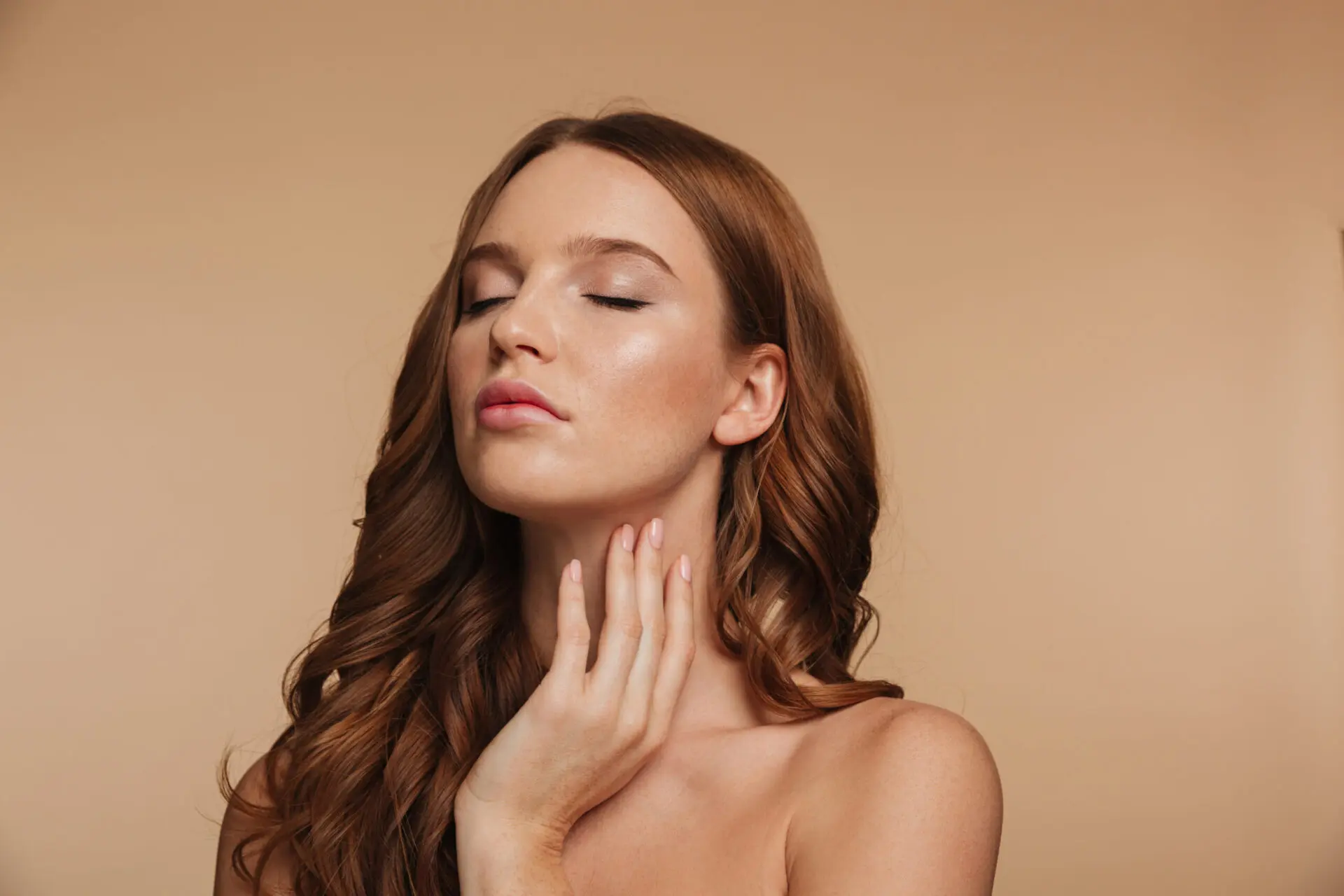

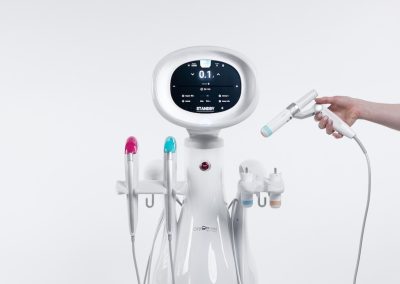

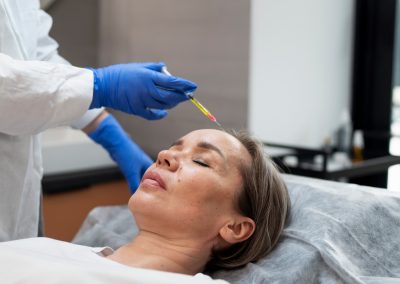
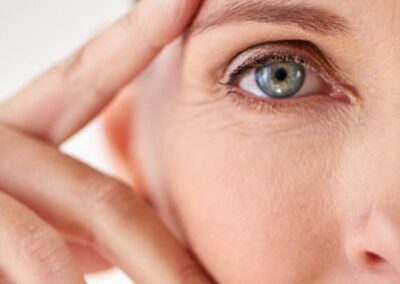
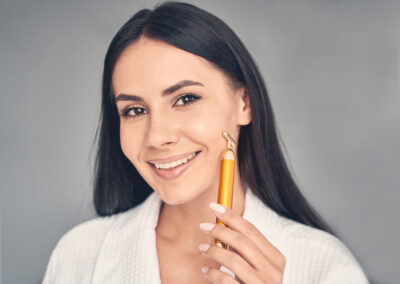
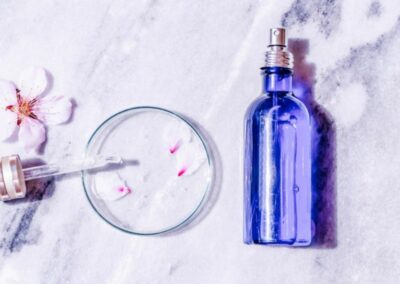
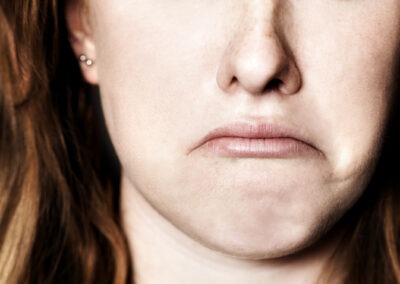
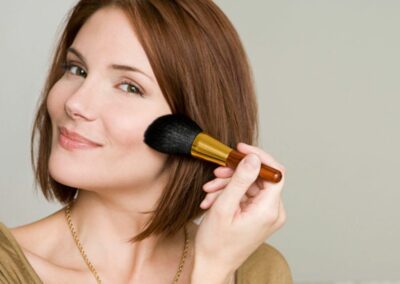
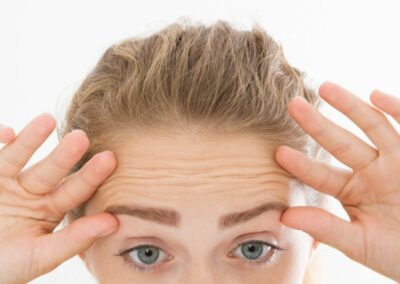
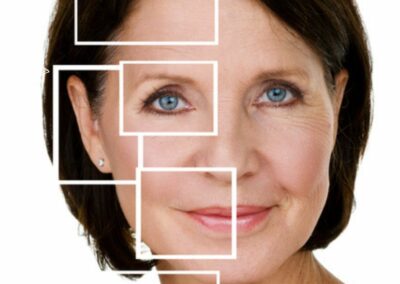
0 Comments